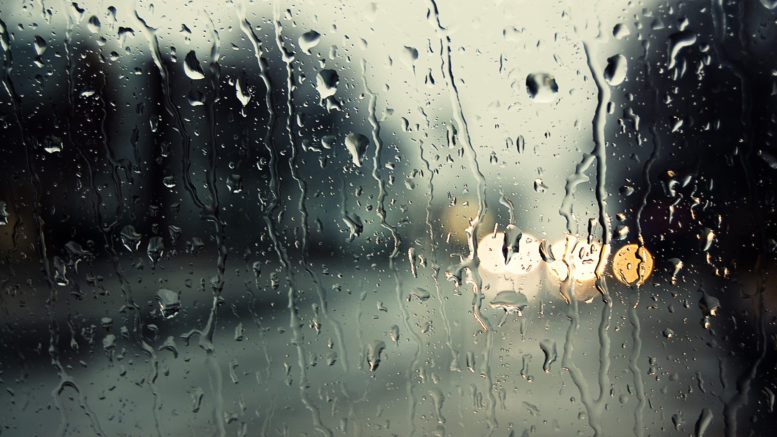Satellite service has occasional rain fade. It would be great if it didn’t. But, it’s a fact that satellite signals sometimes have to travel through some very heavy clouds and that means that the satellite dishes themselves just can’t pull in enough signal all the time.
But how reliable is satellite, and how much rain fade should you expect? Both DIRECTV and DISH have said that their service is over 99% reliable. Let’s do the math. A year is 525,600 minutes (as fans of musical theater know), so 1% of that is 87.6 hours. That sounds like a lot of time spent down! Except, when you realize two things.
Taking a closer look at those numbers
First of all, that’s on the high side. DIRECTV and DISH have to be very conservative with their numbers. Most people experience about four hours of rain fade total per year, even in areas where it rains a lot. You have to realize that any time you scale up a small amount of time per week into a whole year it’s going to sound huge. If you lose signal for 10 minutes a day (and most people don’t) that’s almost nine hours a year. A whole work day! The point is you’re turning average numbers into silly statistics.
Second of all, you have to compare this with cable TV. Cable’s average relability is about 97%, which sounds pretty good too except that the amount of downtime is triple that of satellite. If you want to scale that up to yearly numbers so it sounds super scary, it means you could expect to spend about 270 hours without cable TV in a given year. That’s about a week and a half. And that number is important, because unlike satellite, cable TV stays down until someone comes and fixes it. Satellite TV’s rain fade fixes itself when the sun comes out, but you could be waiting days for a broken cable to be repaired.
How to deal with rain fade
I would like to say that no amount of rain fade is acceptable ever, but that’s not a realistic point of view. The hope is that if and when rain fade happens, it’s rare and fixes itself quickly. Also, rain fade is much less likely to happen at night when solar radiation isn’t stirring up the weather and scattering satellite signals. So, if you’re into that primetime programming, you’ll have a better chance of avoiding rain fade during that time of day. It’s not to say that there won’t ever be any rain fade at night, only that statistically it’s less common.
The real solution for rain fade is DIRECTV’s Signal Saver technology. If you have a Genie DVR and it’s connected to the internet, you already have Signal Saver. Signal Saver will automatically switch to a streaming version of your content if it’s available. You’ll get a popup like this one:

…and you’ll be able to keep watching like nothing happened. You can stream for several hours this way and not even notice the difference. Since most rain fade disappears after a few minutes, this is a perfect solution.
If you’re experiencing more than 5 minutes of rain fade per day on average, there are some things you can do. Properly aiming your dish with a professional quality meter can do a lot. Even if your dish is 1/32″ off aim, that translates out to being several MILES away from the center of the beam. You can get get double or triple the signal power by just tweaking the aim a tiny bit. In some cases, an amplifier can help but most modern satellite dishes won’t work with line amplifiers.
Can you use a larger dish?
If there were a larger dish available then that could theoretically help, but really that’s not an option for most folks. DIRECTV does have a dish for its Alaska and Hawaii customers. It’s designed to work well in those cases, where the satellites are very close to the horizon. In the continental US, there’s only about a 1% difference between DIRECTV’s standard dish and its Alaska/Hawaii dish, which is twice the size and twice the weight. Generally you can make that up with aiming the dish properly.
If you’re not sure about your next steps, call the experts! The folks at Solid Signal have tech support available to you, for free, during East Coast business hours. Call us at 888-233-7563, or fill out the form below if it’s after hours. We’ll get back to you quickly!



